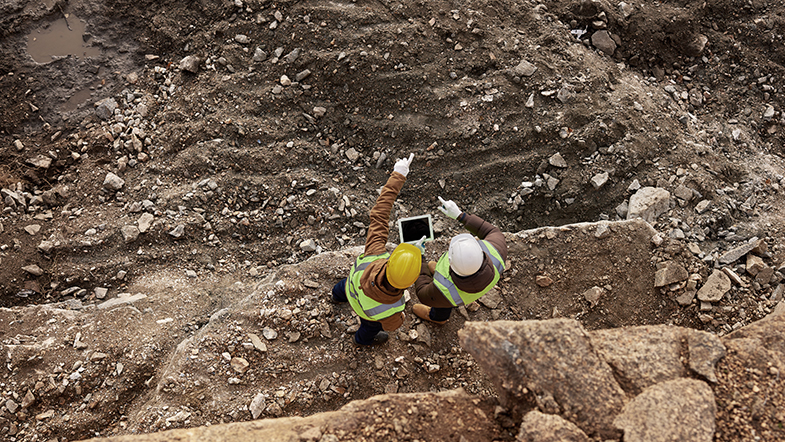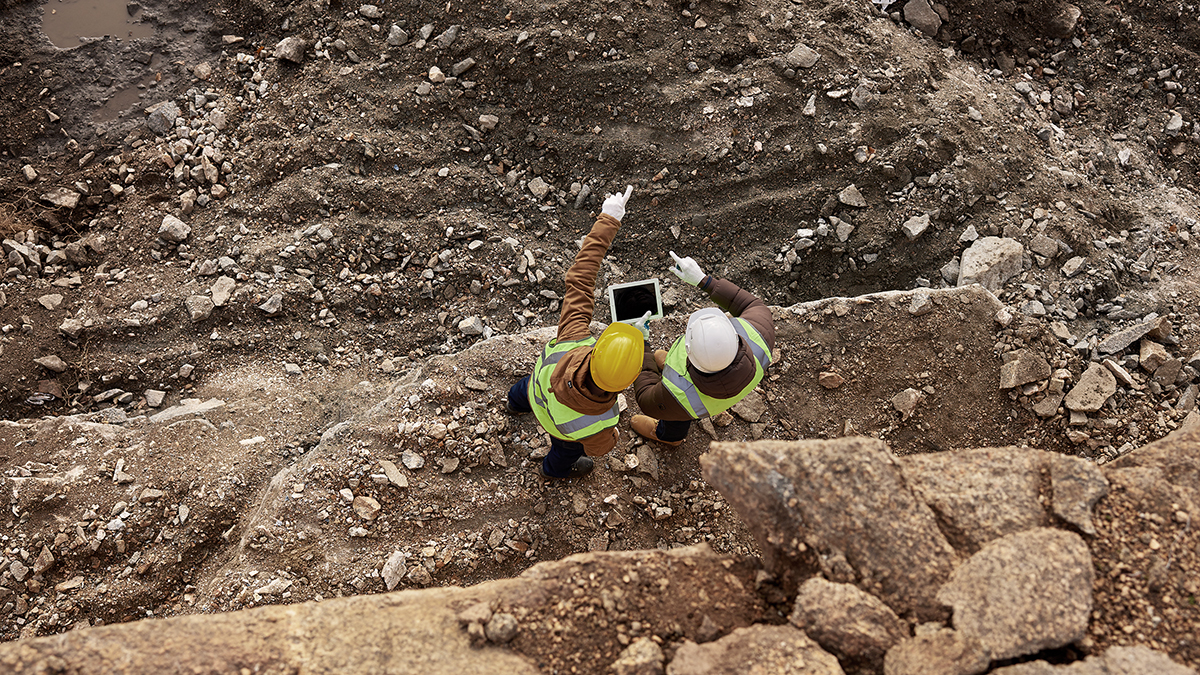The Ministry of Employment and the Economy published earlier this August, a preliminary proposal for amendments to the Finnish Mining Act that are in line with the Government Programme of Prime Minister Marin.
Additional Clarity Expected for the Mining Sector as the Renewal of the Mining Act Proceeds


Heidi Malmberg
Related services
In general, the proposal reflects the need for higher environmental and social standards, and reinforces the rights of the municipalities and landowners. The proposal also contains amendments that provide clarity and balance to the mining sector, including the possibility to apply for the immediate enforcement of first-time exploration permits.
The preliminary proposal will be subject to a public hearing in September 2020. After that, the working group heading the amendment process will prepare a legislative proposal that will be considered by Parliament.

EXISTING PRINCIPLES OF FINNISH LAW INCORPORATED INTO THE WORDING OF THE ACT
The proposal includes an amendment to section 6 of the Mining Act (General principles) that aims to ensure the sustainable use of resources by requiring that all minerals that are exploitable from a techno-economic perspective be exploited at one time. Changes that will provide additional clarity to the mining sector include a new section on advice to the applicant (section 31a) and a modification to the section governing amendments of applications (section 36). The new section on advice would grant applicants the right to request guidance from the governing authority; the amendment of section 36 would obligate the competent authority to provide reasoning for requiring additional information. Both amendments reflect guiding principles in Finnish administrative law; they would now be explicitly expressed in the Mining Act as well.
CHANGES TO EXPLORATION ACTIVITIES AND TO GRANTING AND RENEWALS OF PERMITS
From an exploration perspective, the proposal contains amendments to the reservation notification: the reservation period may be shortened to 12 months (a 24-month reservation period can still be granted in special circumstances). Applicants of exploration permits would be granted the right to seek immediate enforcement also for first-time applications.
As regards the renewals of exploration permits, the applicant would have to show that the explorer has completed the exploration activities presented in the previous exploration plan in material respects. Furthermore, if the permit to be renewed has been in force for at least 10 years, the renewal would require approval from at least one-third of the landowners or landholders. If the approval cannot be obtained, the Ministry of the Employment and the Economy may still grant the renewal provided that certain criteria are fulfilled; these include a public need for the project, local and regional employment and community need for the resource to be extracted.
Clarifications are also expected to the requirements set out for the applicant in the Mining Act, including the requirement of knowledge of the activities to be carried out. These requirements are carried over when a permit is transferred, to ensure that permits are not transferred to parties that do not have adequate knowledge or resources to handle the activities.
Section 48 on the impediments to granting of a mining permit will also be amended so that a mining permit may not be granted for activities that would substantially weaken either the living conditions or the industrial conditions of the locality even if the other conditions are fulfilled; previously, the weakening of both living conditions and industrial conditions was required.
PUBLIC DISCUSSION ON MINING REFLECTED IN THE PROPOSAL
The rights of the municipalities, in turn, are clarified by including a specification that mining will require either a local master plan or a local detailed plan. Pursuant to the Land Use and Building Act (132/1999), which is also being amended by this Government, municipalities have a monopoly on drafting local master plans and local detailed plans.
The proposal includes an overhaul of the collateral system and a requirement to plan the mine so that it can be closed down in sections. This follows a wide public discussion in Finland about the need to ensure sufficient funds for the closure of the mine and for unforeseen events should the mine operator become insolvent. The general opinion is that the costs arising from such events should not be borne by the government or taxpayers. Nonetheless, the legislator should make sure that the collateral provisions in the forthcoming government proposal are aligned with those of the Environmental Protection Act.
As a further response to the public concern, section 156 of the Mining Act governing the rectification of an offence or neglect is sharpened so that the mining authority must act if an offence or neglect is discovered.
MINING PERMIT AND ENVIRONMENTAL PERMIT CONTINUE TO OVERLAP
Overall, the proposal leaves many things open, with several of the amendments to be clarified by decrees. One of the aims of the Government Program was to improve the consolidation between the mining permit and the environmental permit, which is also required for the operation of a mine. However, the proposal would further blur the line between the two without providing much clarity on how the two permits granted by different authorities should coexist.




